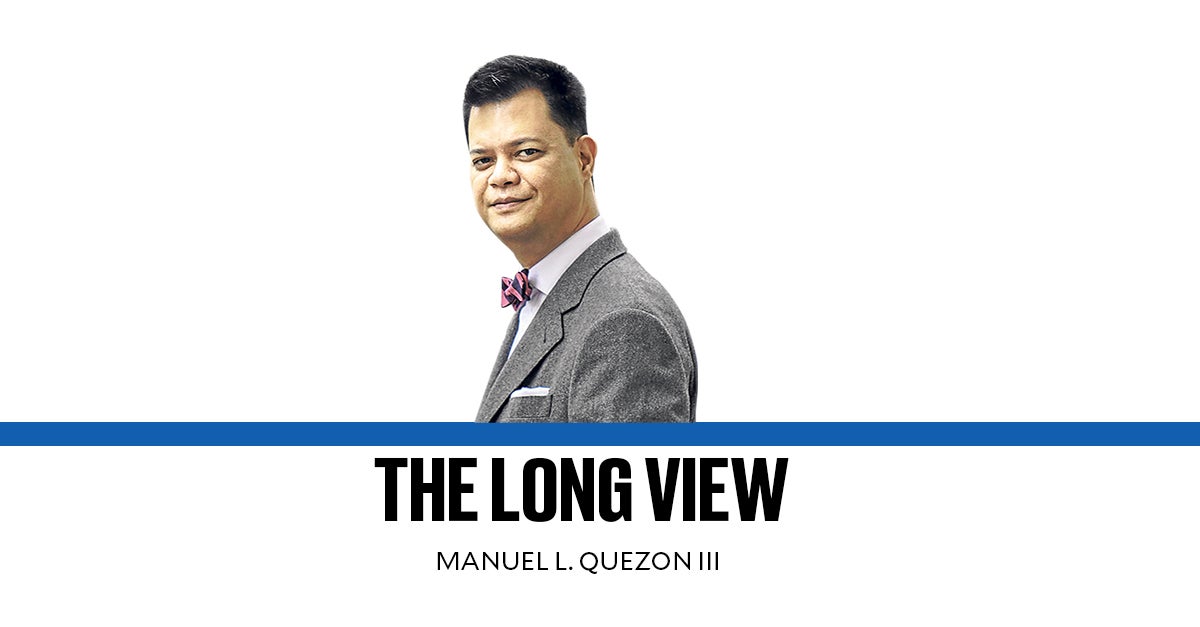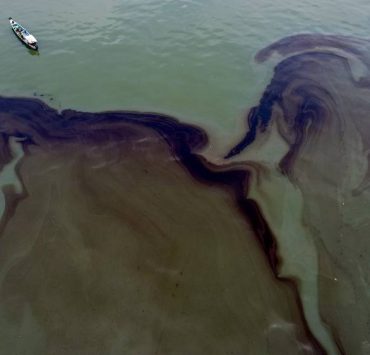Gold

It began—our participation, as a country, in the Olympic Games—in Paris, in 1924. It was only in 1916 that the Philippines had Filipino leadership of the Philippine Amateur Athletic Federation (known as the Philippine Olympic Committee (POC) since 1975) and was given the pledge of eventual independence by the United States Congress, and could fly our flag again in 1919. But we had to wait until the first Olympiad after World War I.
A century later, Filipinos everywhere are thrilled at the victory of not one, but two gold medals in gymnastics, and the sight of our flag and the strains of our national anthem—with its third part, a homage to the revolutionary anthem of France—representing national glory. Though a University of the Philippines professor, Ben Vallejo, took pains to point out our anthem was performed to mark a victory, in Seoul in 1988 “when Arianne Cerdeña won her demonstration bowling gold.”
Between Paris 1924 and 2024 were generations of striving, from our first Olympic medal, Teofilo Yldefonso’s swimming bronze in Amsterdam in 1928, and his second, in 1932 in Los Angeles, when he and two others achieved our best showing until 2020 when Hidilyn Diaz, who at last won a weightlifting gold in the Tokyo games.
Yldefonso, who captained our swimming team in three Olympiads (and even made a brief appearance in Leni Riefenstahl’s film of the 1936 Berlin games, where Miguel White won a bronze in the hurdles), died of gangrene in a prison camp in Capas, after having been wounded in Bataan—what an athlete turned citizen soldier began in Amsterdam was achieved by another athlete-turned-soldier, Diaz, in 2020.
There were father and son achievers—the boxers Jose Villanueva (bronze, Los Angeles, 1932) and Anthony Villanueva (silver, our first, in Tokyo, 1964)—and brothers, too: bronze in boxing for Roel Velasco in Barcelona in 1992 and silver for Onyok Velasco in Atlanta in 1996 (he would only get benefits, it seems, after Diaz’s gold). There was great simplicity and nobility in the congratulatory message Diaz posted, which needs no translation: “Proud ako sa iyo. I-enjoy mo ang bunga ng pinagpaguran mo. At lagi mong ibabalik—sa Diyos at bayan, dahil lahat ng tagumpay natin ay hindi pansarili. Salamat sa lahat ng maganda at mabuting ginagawa at gagawin mo pa para sa Diyos at bayan!”
I don’t think I’m alone in thinking that Carlos Yulo’s glory dazzled the country not least because, like Diaz, he leaves little room for doubting his remaining grounded: he gave thanks to those who stood by him, from Cynthia Carreon to Manuel V. Pangilinan, the boosters of the sport and the providers of the means for training; and while his gold medals are literally leaving him showered in gold, the country’s “golden boy” by acclamation—and achievement—has had his fair share of life’s complications without turning into an egotist at all.
The Philippine Amateur Athletic Federation only had three heads from 1916 to 1964, the period during which our first batch of medals was won (Quezon, 1916-1935; Jorge Vargas, 1936-1955; Antonio de las Alas, 1956-1968); then, including its being renamed the POC in 1975, there came a period of drought until Leopoldo Serantes won a boxing bronze in Seoul in 1988: and since then, there has, unfortunately, been more about lawsuits and quarrels and tussling over turf between the Philippine Sports Commission and the POC in recent decades. We even did an Inquirer Briefing infographic on the tug-of-war between the two institutions in 2017.
The best public greeting to my mind came from veteran journalist Alan Robles when he posted, “Carlos—you’re young, in Paris. In summer. With the one you love. Wow. But there’s more. You have glory. France adores glory. Your fellow Pinoys acclaim you. Your fans worship you. The world is at your feet. It’s unforgettable. Enjoy it. You earned it. You deserve it.” Robles’ wife, the equally formidable journalist Raissa, for her part immediately called on the donor of Yulo’s future apartment to waive condo dues so long as he owns the unit; while others have appealed for financial planners to step up to help Yulo manage what promises to be quite a personal portfolio indeed.
There’s an opportunity here, for what could be called a windfall industry: to help ensure that athletes, artists, creatives, and achievers are given the opportunity (by those who don’t do it out of sentiment but rather, out of fiduciary duty) to achieve security through the prudent growing of their prize, royalty, or other, monies.


















